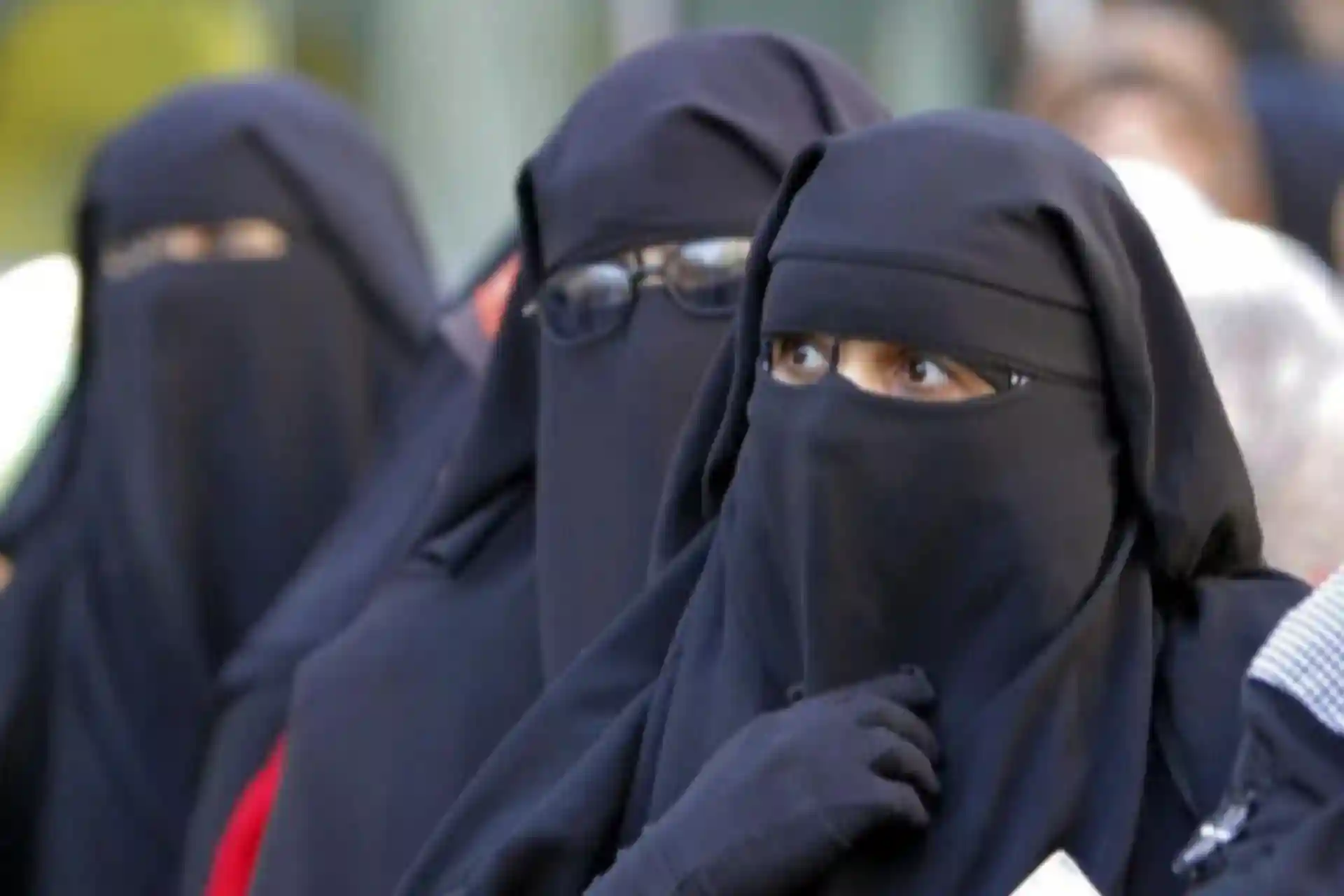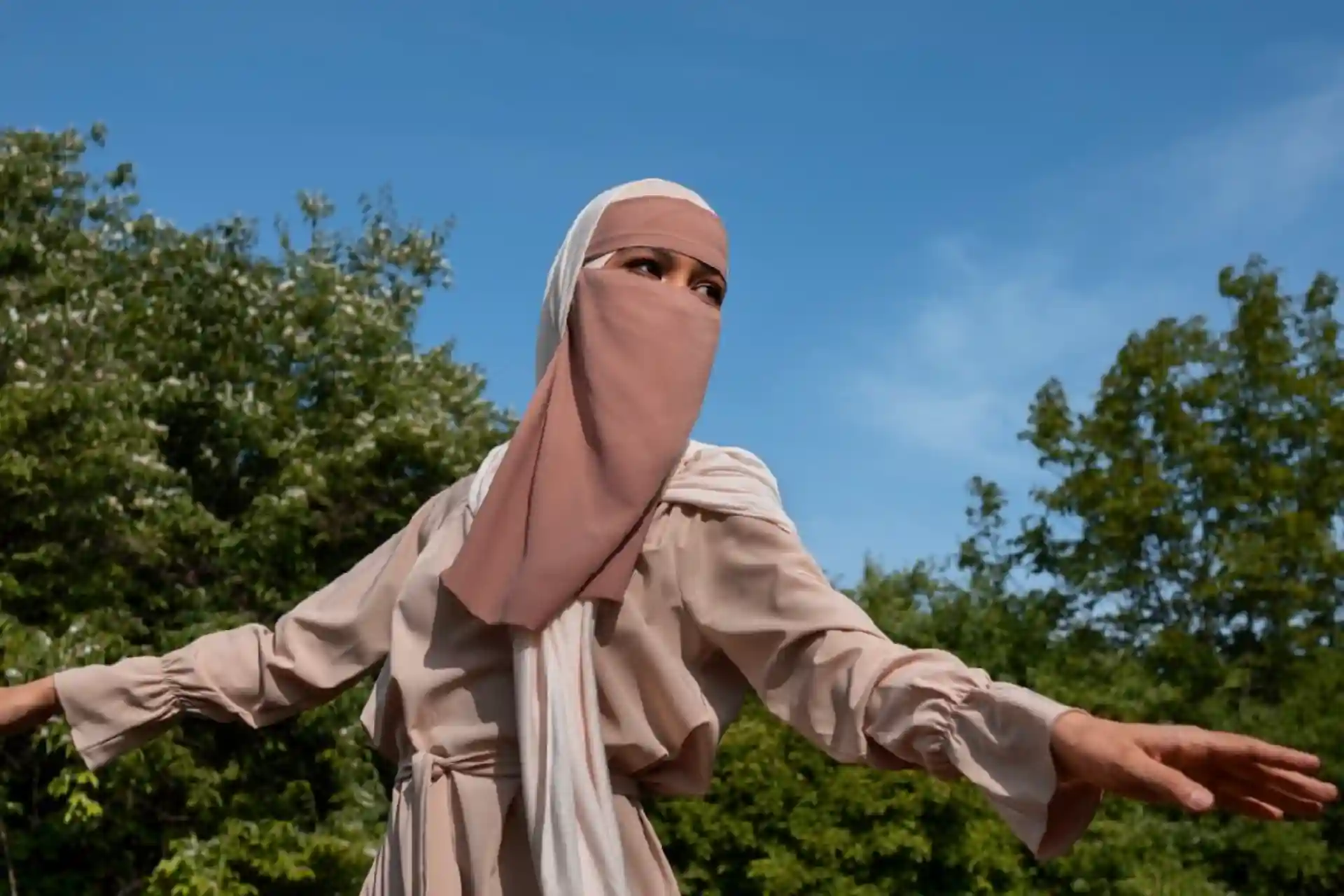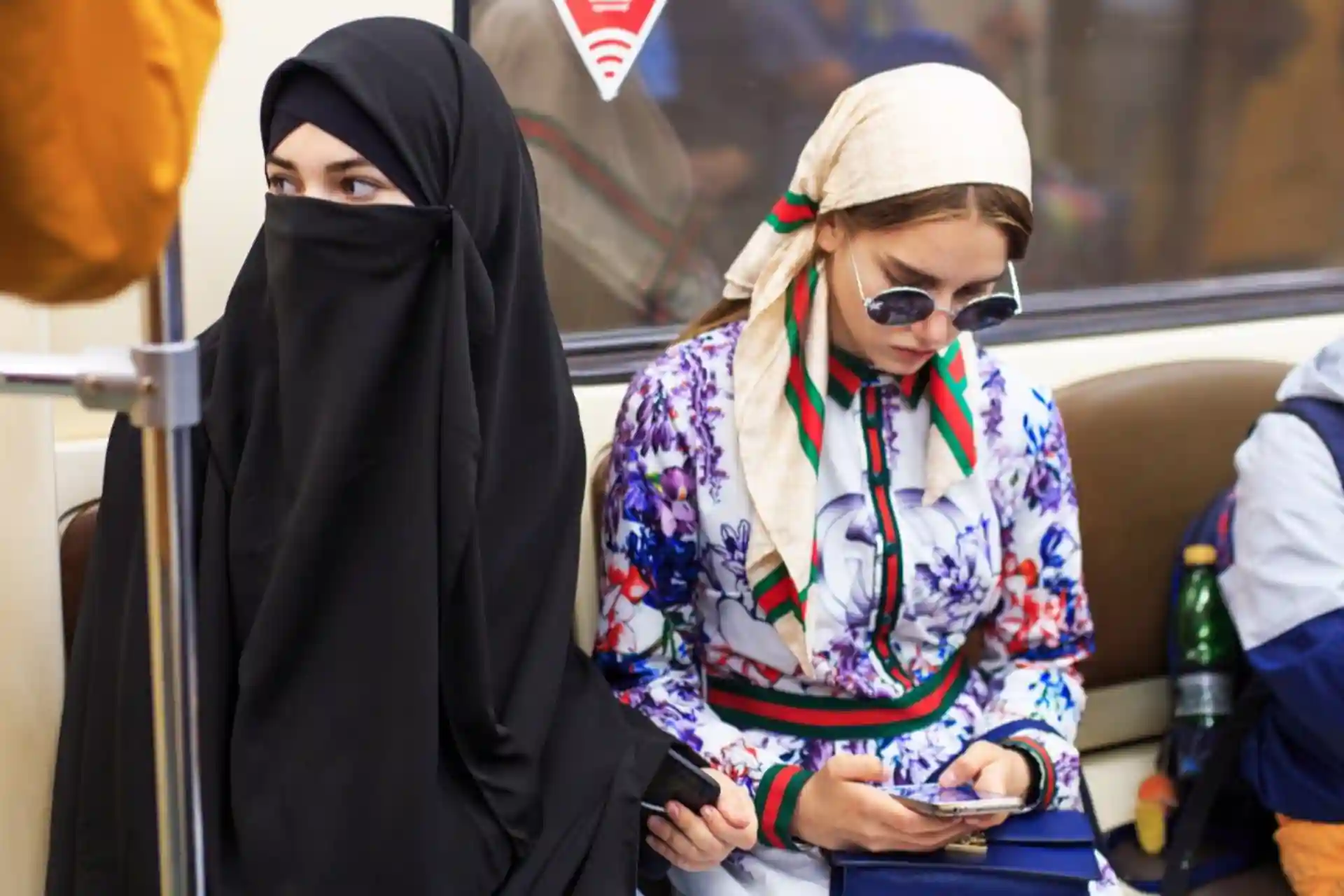In Karachay-Cherkas, the veil was also temporarily banned
The religious administration of Karachay-Cherkas Muslims also made a decision on the temporary wearing of the veil in the republic. Mufti of the Republic of Karachay-Cherkas, Chairman of the Coordination Center of North Caucasus Muslims, Ismail Haji Berdiev informed TASS about this.
He explained that the fatwa was adopted in accordance with the decision of the Council of Muftis of the North Caucasus Muslim Coordination Center on hijab and niqab.
"The mufti of Karachoy-Cherkas made a decision to ban the niqab in the republic, according to Sharia, it is not allowed to wear clothing that completely hides the face," said Berdiev.
Thus, after Dagestan, the Republic of Karachay-Cherkessia became the second region in Russia to ban face-covering clothing.
A niqab is a head covering that covers the face of a woman and has slits for the eyes, covering the entire body and face, leaving only the eyes open.
Earlier, the Mufti of Dagestan issued a fatwa on the temporary ban of the niqab, a traditional Muslim headgear for women.
The issue of the veil arose after the attack on the church and synagogue in Makhachkala and Derbent. Initially, the head of Dagestan, Sergey Melikov, said that he was against women's face-covering clothes. Then the mufti of Dagestan, Ahmad Abdullaev, raised the issue of banning the niqab in the republic and called on "women to stay at home."
Many scholars criticized the new fatwa, including the head of the religious administration of Volgaboyi Muslims, Muqaddas Hazrat Bibarsov, who called these events "an act against Muslims."
For information, in the Caucasian regions, where the Shafi'i sect is widespread, the wearing of the niqab by women is considered an obligatory act.



